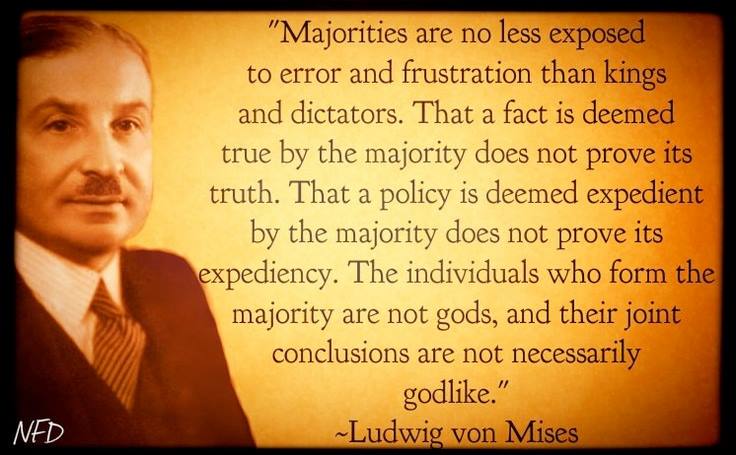What happens when your government decides to place additions taxes in the form of tariffs on imported materials that your business relies on? You face the possibility of going out of business:
Steel tariffs could force the nation’s largest nail manufacturer to close or move to Mexico.
The Mid-Continent Nail plant in Poplar Bluff, Missouri, laid off 60 of its 500 workers last week because of increased steel costs. The company blames the 25% tariff on imported steel. Orders for nails plunged 50% after the company raised its prices to deal with higher steel costs.
The company is in danger of shutting production by Labor Day unless the Commerce Department grants it an exclusion from paying the tariffs, company spokesman James Glassman told CNN’s Poppy Harlow.
Shocking, I know.
This isn’t the first business to announced difficulties due to Trump’s new tariffs. Harley Davidson announced that it will move at least some production outside of the United States to get around the new tariffs. More dominoes are likely to fall as well.
“But, Chris, why don’t these unpatriotic companies buy American steel instead,” you ask? Because America doesn’t produce a whole lot of steel and what steel it does produce costs more than imported steel. “Well these tariffs will cause domestic steel production to increase, right?” Not so much. Profit is only one reason for the lack of domestic production. There is also a terrible amount of red tape strangling steel production. The environmental regulations on mining raw materials are many and when those regulations are finally dealt with the refineries get to deal with a bunch of additional environmental regulations. Labor is another factor. American labor isn’t cheap, especially when employers are required to pay Social Security, Medicare, disability, and other mandatory benefits for each employee they hire. Then there is the simple fact that a lot of Americans don’t want a job working in mines or refining metals.
Domestic manufacturers import foreign steel because it’s cheaper but foreign steel is cheaper due to many factors. While the recently implemented tariffs are likely to encourage some increase in domestic steel production, the additional steel probably won’t be enough to satisfy domestic needs and will almost certainly be more expensive than foreign steel, which means domestic manufacturers will still have to move outside of the country if they want to keep their prices at a level to which consumers have become accustomed.

